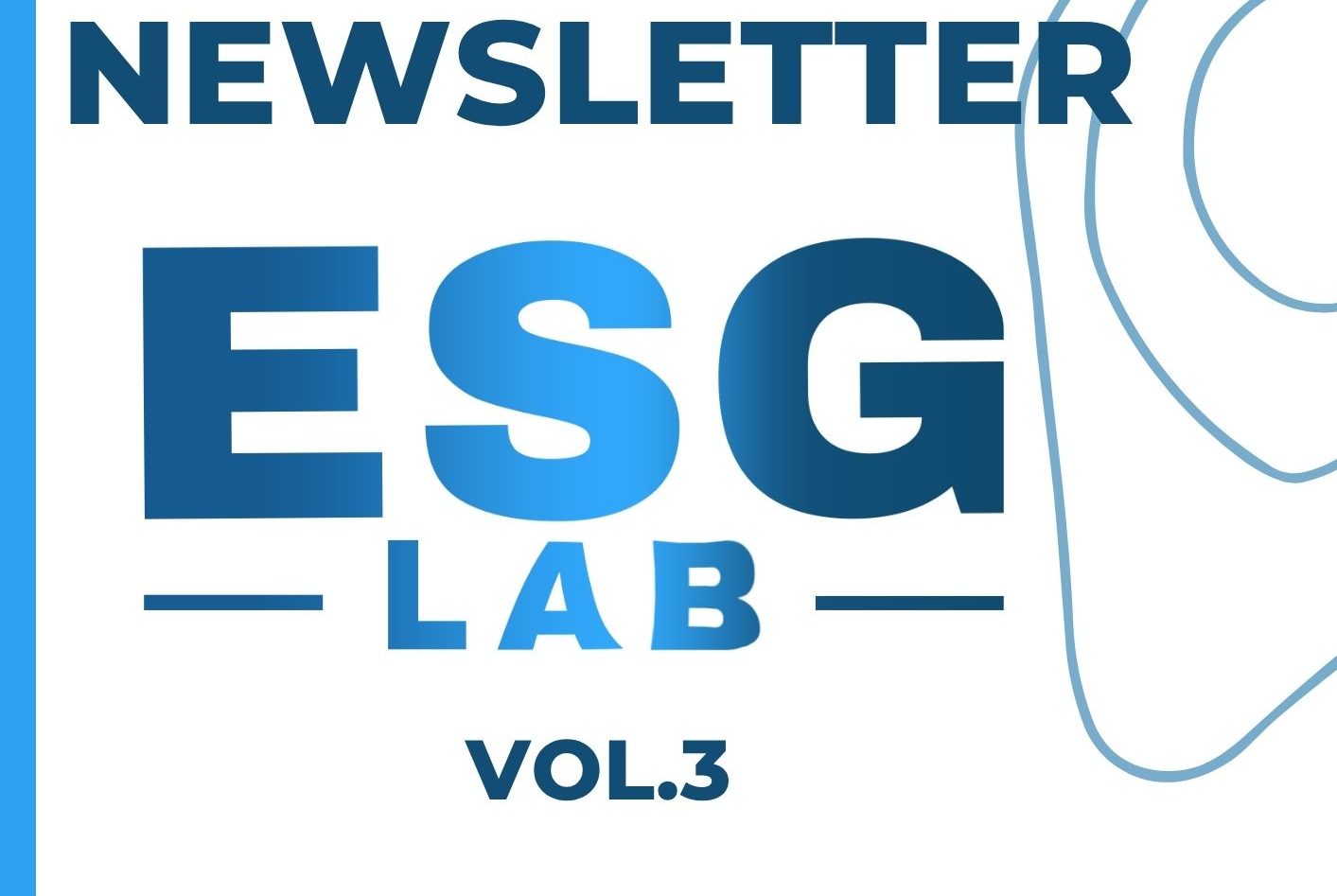The blue economy is a key driver of urban and regional development, generating millions of jobs in water-dependent sectors such as fisheries, tourism and shipping. Yet, without sustainable governance, it can contribute to carbon emissions, ecosystem degradation, and increased vulnerability to climate change.
At ESG Lab Project, we highlight the importance of building RISC-proof (Resilient, Inclusive, Sustainable, Circular) blue economies through effective local and regional policies. Cities and regions are at the heart of the blue economy—not only as the places where value is created, but also as the key players in ensuring that economic growth does not come at the expense of environmental sustainability.
A new OECD report—based on data from over 80 cities, regions and water basins—provides insight into the subnational costs and benefits of the blue economy, and introduces the RISC Assessment Framework, a self-evaluation tool for local and regional governments. The report expands the definition of the ocean economy to include freshwater-based sectors and emphasizes the importance of water security and territorial approaches in blue economy policymaking.
Please note: this report is not a product of the ESG Lab Project. We share it as a valuable resource for policy innovation at the local level.




